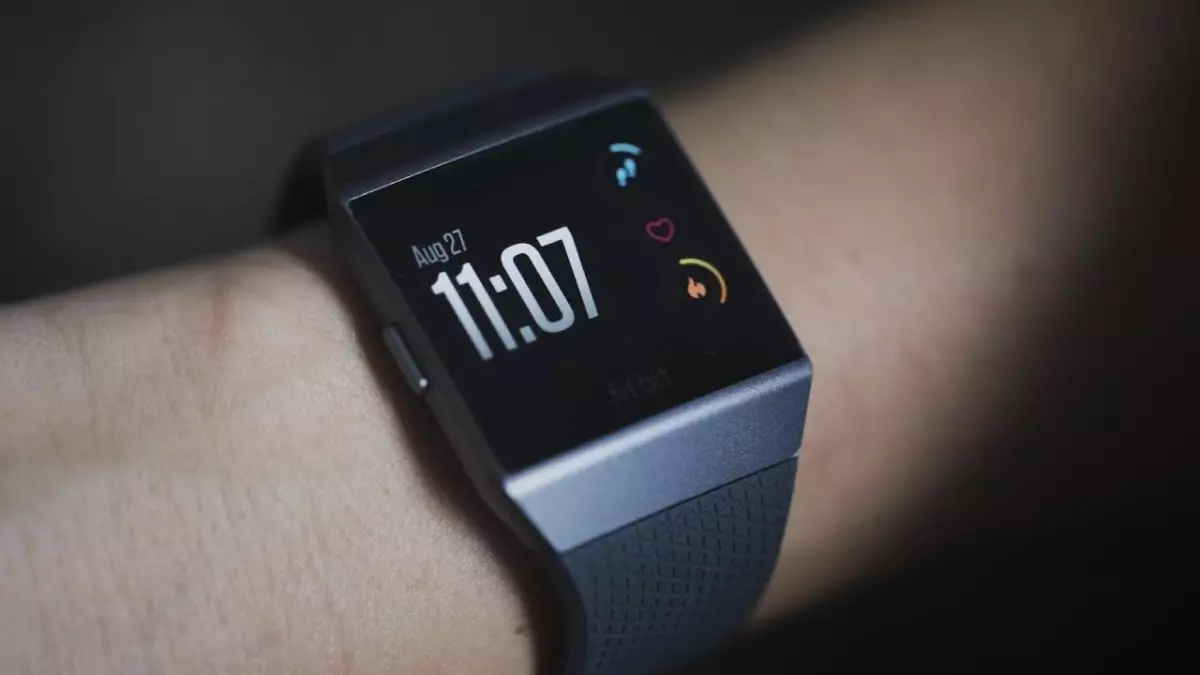In a significant ruling, Fitbit has reached a settlement with the U.S. Consumer Product Safety Commission (CPSC) regarding the overheating issues with its Ionic smartwatch. This situation highlights a critical aspect of product safety and corporate responsibility—maintaining standards that protect consumers from potentially life-threatening hazards. The CPSC imposed a hefty penalty of $12.25 million after investigations revealed that the Ionic smartwatch posed a danger, with users experiencing burns due to battery malfunction.
The timeline of this controversy spans several years, beginning with complaints that emerged as early as 2018. Over the course of two years, a growing number of users reported incidents relating to the smartwatch’s faulty battery. The situation escalated to the point where the CPSC confirmed that the defect could lead to “an unreasonable risk of serious injury or death.” With 115 reported incidents of overheating, it is alarming that 78 individuals suffered burns, some of which were severe enough to be classified as second or third-degree injuries.
This paints a troubling picture of the potential risks associated with wearable technology, emphasizing how important it is for companies to act swiftly upon receiving such critical feedback. Customers rely on these devices not just for fitness tracking, but also for their safety and well-being. Fitbit’s initial delays in addressing the situation were particularly concerning, as the company reportedly withheld information that should have been reported to the CPSC, putting more consumers at risk.
As part of the settlement agreement, Fitbit is not only required to pay the monetary penalty but must also enhance its internal compliance protocols. The need for improved controls and procedures indicates a recognition that their existing safety measures were insufficient. This sentiment underscores the broader responsibility companies have to prioritize consumer safety over profit. Proactive measures can prevent tragedies and enhance consumer trust in a brand’s reliability.
Moreover, the incident raises questions about the effectiveness of existing regulations meant to govern consumer product safety. While the CPSC plays a vital role in protecting consumers, manufacturers must uphold their accountability in adhering to safety standards. The collaborative responsibility between regulators and companies is crucial in minimizing risks that arise with new technologies.
The fallout from the Ionic smartwatch debacle serves as a wake-up call for both Fitbit and the tech industry at large. As wearable devices become more integral to our daily lives, their manufacturers must remain vigilant about any potential risks associated with their products. Companies should establish clear feedback mechanisms that allow consumers to voice concerns about product performance.
This settlement serves not only as a reprimand but also as an opportunity for Fitbit to rebuild its reputation. By investing in better compliance processes and showing a willingness to put consumer safety first, Fitbit can emerge from this incident more resilient than before. Ultimately, the Ionic smartwatch case underscores that transparency, accountability, and responsiveness are essential in the journey toward consumer trust and safety in the digital age.

